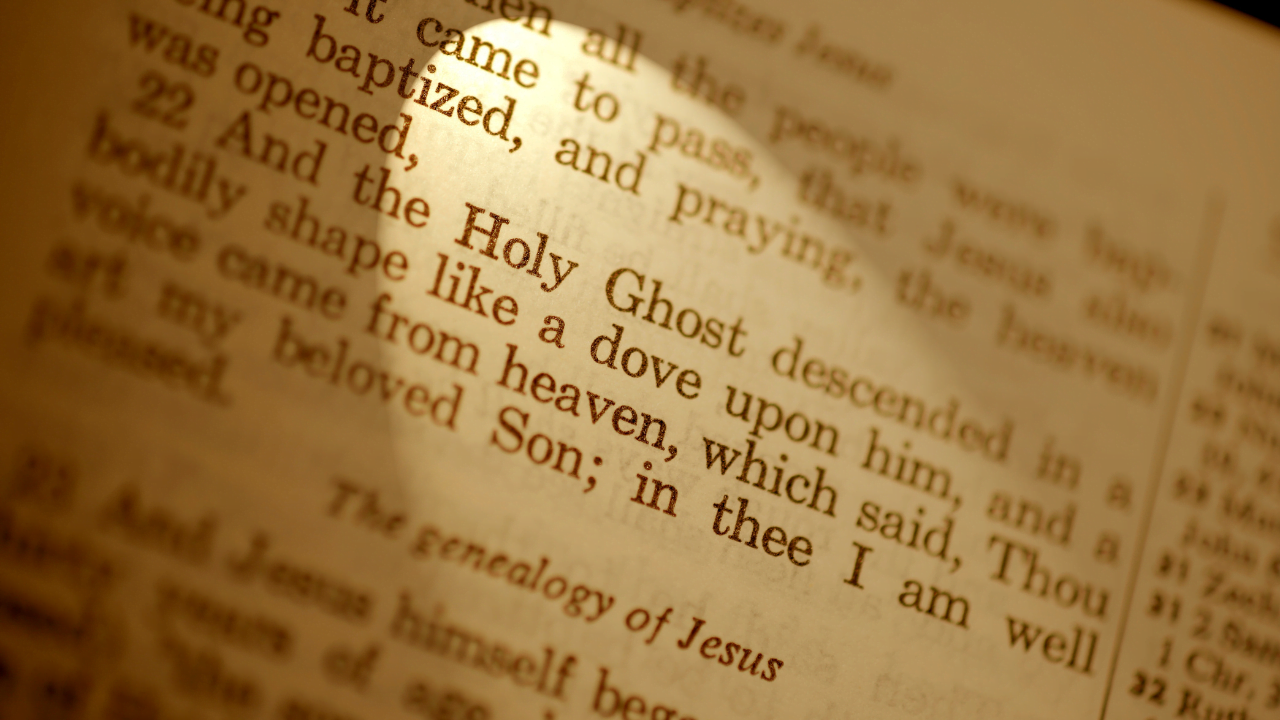No products in the cart.
What is the role of Christian counseling in addressing mental health challenges?
This post contains affiliate links.
Christian counseling plays a vital role in addressing mental health challenges. It combines traditional talk therapy methods with Christian beliefs to guide and support individuals facing spiritual concerns and everyday life struggles.
Christian counseling can be integrated into regular therapy sessions or administered by a spiritual leader, such as a pastor. It encompasses various subcategories, including psychotherapy, Christian psychology, Bible, and pastoral counseling. Each of these subcategories offers unique contributions to an individual’s life.
Techniques used in Christian counseling may include cognitive-behavioral therapy, meditation, prayer, and using the Bible as a guide. By incorporating these approaches, Christian counseling aims to address mental health challenges from a holistic perspective, considering the individual’s emotional, psychological, and spiritual well-being.
In the following sections, we will explore the benefits of Christian counseling, the different types of Christian counseling, and how it can assist individuals in finding healing, hope, and purpose in their lives.
Benefits of Christian Counseling
Christian counseling offers numerous benefits in addressing mental health challenges and promoting spiritual well-being. Through its unique approach that integrates psychological therapies with Christian beliefs, Christian counseling provides valuable support and guidance to individuals seeking emotional healing.
- Recognition of a Higher Authority: Christian counseling acknowledges a higher authority, placing faith at the forefront of the healing journey. By seeking guidance from spiritual principles, individuals can find solace and direction in their struggles.
- Acceptance of Absolute Truth: Christian counseling encourages clients to embrace the absolute truth found in the Bible. This acceptance allows individuals to align their thoughts, behaviors, and decisions with biblical teachings, fostering personal growth and well-being.
- Pursuit of a Meaningful Life: Christian counseling goes beyond symptom management by helping individuals discover a deeper sense of purpose and meaning in life. Through introspection and guidance, clients can find fulfillment and live a more purpose-driven existence.
- Addressing Deep Emotional and Spiritual Wounds: By examining emotional and spiritual wounds, Christian counseling provides a safe space for individuals to uncover and heal past traumas. This holistic approach promotes healing and facilitates personal transformation.
- Real Hope and Eternal Perspective: Christian counseling offers a unique perspective on hope by acknowledging the eternal nature of life. By instilling hope in divine promises, individuals can find comfort, resilience, and a renewed sense of optimism.
- Effective in Addressing Various Challenges: Christian counseling has shown effectiveness in managing a wide range of mental health challenges, including depression, anxiety, addiction, personal struggles, grief, and family issues. Through the integration of faith principles and psychological techniques, individuals gain tools for resilience and growth.
In summary, Christian counseling offers numerous benefits for individuals seeking to address mental health challenges and enhance their spiritual well-being. By recognizing a higher authority, embracing absolute truth, pursuing a meaningful life, addressing deep emotional and spiritual wounds, instilling real hope, and effectively managing various challenges, Christian counseling provides a holistic approach to healing and personal growth.
Types of Christian Counseling
In Christian counseling, various types of approaches are employed based on the specific needs and preferences of the individuals seeking help. Here, we will explore the different types of Christian counseling and their unique contributions to an individual’s well-being.
1. Christian Psychotherapy:
Christian psychotherapy is a form of Christian counseling that integrates psychological theories and theological perspectives. It aims to bridge the gap between Christianity and psychology, providing individuals with a holistic approach to therapy. By combining faith-based principles with psychological techniques, Christian psychotherapy helps individuals address mental health challenges while also incorporating their spiritual beliefs into the healing process.
2. Biblical Counseling:
Biblical counseling, also known as Bible counseling, relies on the teachings and principles found in the Bible. It is mainly practiced within Protestant denominations. Biblical counseling views the Bible as the ultimate source of guidance and wisdom, using its teachings to help individuals navigate life’s challenges. This type of counseling focuses on integrating biblical truth and spiritual insights into the counseling process, helping individuals align their thoughts, emotions, and behavior with their faith.
3. Pastoral Counseling:
Pastoral counseling is conducted by spiritual leaders, such as pastors, who have received training in ministry and counseling. This type of counseling takes place within the context of a religious facility and combines spirituality with psychology. Pastoral counselors provide guidance and support to individuals facing emotional, relational, and spiritual issues, drawing upon their knowledge of scripture, prayer, and pastoral care techniques to facilitate healing and growth.
Each type of Christian counseling offers a unique approach and focus, catering to the diverse needs and preferences of individuals seeking guidance. Whether individuals choose Christian psychotherapy, biblical counseling, or pastoral counseling, they can expect to receive support that integrates their faith and spirituality into their journey towards emotional and spiritual well-being.
Conclusion
Christian counseling plays a significant role in addressing mental health challenges by providing compassionate guidance based on faith principles. Through the integration of traditional therapy methodologies with Christian beliefs, individuals are provided with a unique approach to their mental well-being.
One of the key benefits of Christian counseling is its recognition of a higher authority, offering individuals a sense of support and guidance rooted in their faith. By accepting absolute truth and applying biblical teachings to their lives, clients can find solace in the process of healing and growth.
Christian counseling aims not only to address immediate mental health concerns but also to help individuals discover their purpose and live a meaningful life. By utilizing techniques such as cognitive-behavioral therapy, meditation, prayer, and the guidance of the Bible, it provides real healing and hope, offering a holistic approach to mental well-being.
For those seeking to strengthen their spiritual well-being, overcome mental health challenges, and find a sense of purpose, Christian counseling can be a valuable tool. By integrating faith and psychological techniques, individuals can navigate their mental health journey with a sense of support and guidance, leading to a more fulfilled and balanced life.
FAQ
What is Christian counseling?
Christian counseling is a type of therapy that integrates traditional talk therapy methodologies with Christian belief practices. It focuses on providing guidance and support to Christians who are navigating spiritual concerns and everyday life struggles.
How does Christian counseling address mental health challenges?
Christian counseling plays a significant role in addressing mental health challenges by providing compassionate guidance based on faith principles. It offers unique benefits such as recognizing a higher authority, accepting absolute truth, having a higher goal, providing real healing, and offering real hope.
What techniques are used in Christian counseling?
Techniques used in Christian counseling may include cognitive-behavioral therapy, meditation, prayer, and the use of the Bible as a guide.
What are the benefits of Christian counseling?
Christian counseling offers several benefits in addressing mental health challenges. It recognizes a higher authority, provides guidance based on the principles of faith, accepts absolute truth, and encourages clients to apply biblical teachings to their lives. It also has a higher goal of helping clients in their pursuit of a meaningful and purposeful life, provides real healing by addressing deep emotional and spiritual wounds, and offers real hope by offering an eternal perspective and a belief in a fulfilling life.
What types of Christian counseling are there?
Christian counseling encompasses various subcategories such as psychotherapy, Christian psychology, Bible counseling, and pastoral counseling, each offering unique contributions to an individual’s life. Christian psychotherapy incorporates psychological theories and theological approaches to therapy. Biblical counseling uses the Bible as a guide in counseling individuals and is mainly practiced in Protestant denominations. Pastoral counseling is conducted by spiritual leaders who are trained in ministry and counseling.
How can Christian counseling help with specific issues?
Christian counseling can be effective in managing depression, anxiety, addiction, personal struggles, grief, and family issues. It provides guidance and support tailored to individuals who want to strengthen their spiritual well-being, overcome mental health issues, and find a sense of purpose in life.
This post contains affiliate links.











